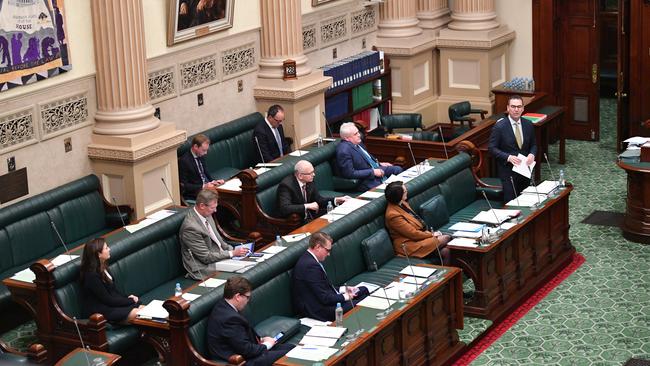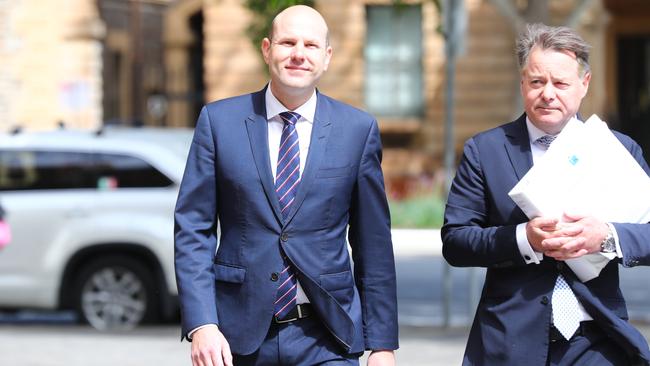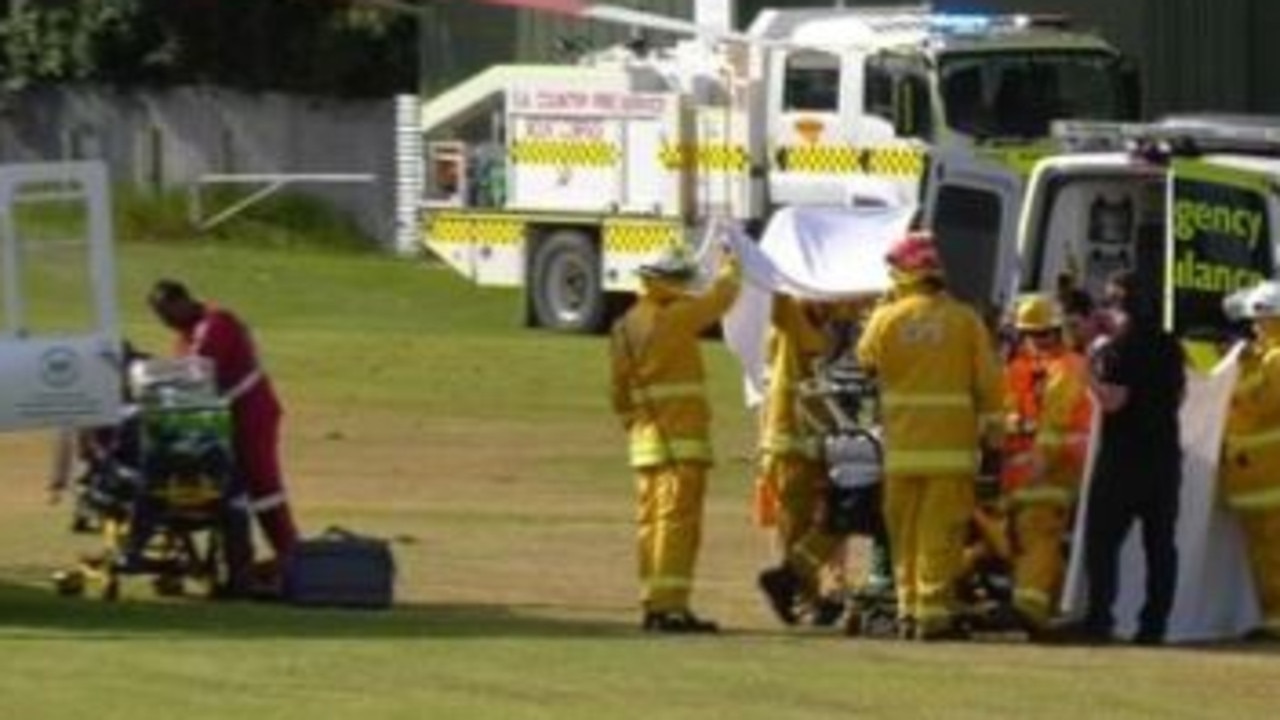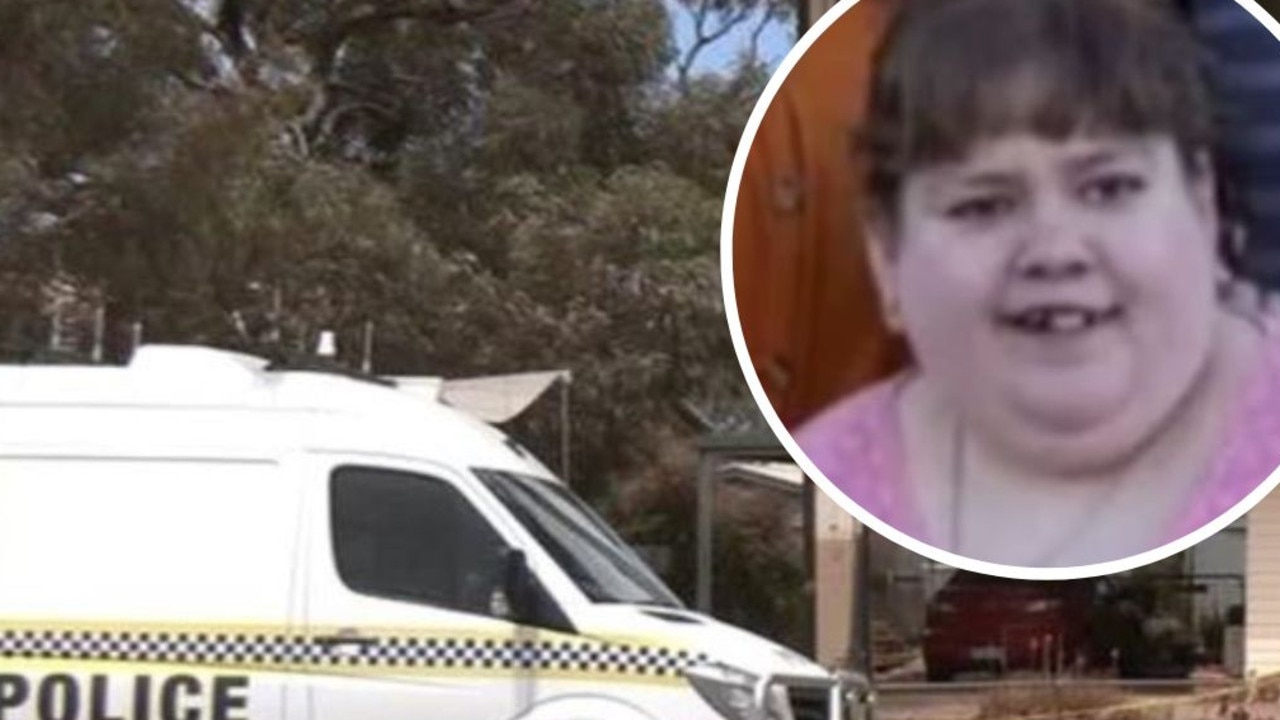Ten burning issues to define South Australian Parliament in 2021
Abortion, roads, euthanasia and emergency management will help define a political agenda that tries to put COVID in the rear-view mirror this year.

SA News
Don't miss out on the headlines from SA News. Followed categories will be added to My News.
State Parliament returns for 2021 on Tuesday and after a year wracked by COVID, there’s plenty on the agenda.
Here’s 10 burning issues – from a series of social dilemmas set to confront MPs, to criminal charges that hang over the heads of others – that are set to define SA politics this year.
1. Emergency management
South Australia’s state of emergency will be extended until May 31 when parliament resumes this week.
As COVID cases become a rarity in SA, scrutiny is mounting on the current duration of the emergency declaration, which has been in place since March last year.
Parliament will this week extend it until the end of May, but the State Government flagged the possibility of new legislation being introduced in the post-pandemic world.
It would provide a legal framework for the government to impose snap border closures, and even the use of QR codes, while not actually being in a “state of emergency”.
Premier Steven Marshall said last month that the Emergency Management Act was not well suited to long-term pandemics, and was actually better for short-term crises such as bushfires and floods.

2. Abortion
The Pregnancy Termination Bill will likely go before State Parliament’s Lower House within weeks.
The contentious bill, which will be subject to a conscience vote, was approved by the Upper House in December but it must get the go-ahead from the Lower House to become law.
The proposed bill allows for the termination of a pregnancy after 22 weeks and six days’ gestation with the approval of two medical practitioners when considered “medically appropriate”.
Under existing laws, an abortion can be performed up to 28 weeks under the same conditions and later in a pregnancy if the mother’s life is at risk.
3. Council reform
The State Government’s latest plan to reform local councils is expected to be further debated in the Upper House in coming weeks.
New Local Government Minister Vickie Chapman took charge of the reforms last October when she took the reins from former minister Stephan Knoll.
However, it does not include the ability for the government to limit increases in council rates, which was a key promise in the 2014 and 2018 election campaigns but has failed to have the support of the Opposition and crossbench MPs.
Ms Chapman’s package includes a range of reforms to improve council standards and behaviour, and requires them to consult with independent experts on their budgets and publish the advice.
Local government has been a hot topic of discussion recently, after Adelaide Lord Mayor Sandy Verschoor called for the number of councils in SA to be culled.
4. Road safety
The state Opposition has flagged its intention to support in principle several proposals made in The Advertiser’s Road to Justice campaign, aimed at making it harder for killer drivers to get back behind the wheel.
In the lead up to parliament resuming, the Labor Party had been holding internal discussions about the reforms proposed in the campaign.
Key Upper House crossbencher Frank Pangallo said he would “fully support” measures that led to stiffer penalties and jail terms for killer drivers.
Meanwhile, road safety minister Vincent Tarzia will hope parliament will swiftly pass new motorcycle reforms that he introduced last November.
The proposed laws would raise the minimum age for a motorbike learner’s permit by up to two years.
5. Assisted dying
The Voluntary Assisted Dying Bill is expected to be debated in State Parliament next month.
The bill was introduced by Labor MLC Kyam Maher and Deputy Opposition Leader Susan Close in December last year.
If passed, access to assisted dying will be given to a person living in SA for at least 12 months, who is aged 18 or more, and is diagnosed with an incurable disease, illness or medical condition that is advanced, progressive and will cause death within weeks or months and is causing suffering that cannot be relieved.
The bill is modelled on Victorian law.
6. Shop trading deregulation
Despite being widely popular with voters - a YouGov poll from March last year showed seven in 10 South Australians in favour of complete deregulation - attempts by the State Government to get legislation over the line have been stymied by Labor and the crossbench. The reforms, which would effectively allow shop owners to trade when they wish, were a key platform of the Liberals’ election bid in the lead-up to the 2018 poll. If changes fail to get up this year, it’s likely to shape as a major issue in the 2022 election campaign. Labor has previously offered to bend on allowing 9am Sunday trading, in exchange for other proposed changes being dropped, but the Liberals have taken an all-or-nothing approach on the reforms. Traders and consumers had a taste of how things could be at the height of the pandemic, when trading hours were deregulated to allow some shops, such as supermarkets, to open 24 hours a day to help with social distancing. Could this prove the impetus for getting it over the line for good?
7. Sex work
A push to decriminalise sex work is expected to be back in State Parliament this week.
It will be the fourteenth attempt for legal reform within the world’s oldest trade.
SA Greens MLC Tammy Franks hopes to refer her Statutes Amendment Repeal of Sex Workers Bill to a select committee on Wednesday.
If the bill is passed, it would enable the State Government to develop regulations for a lawful sex industry model.
The last time an attempt to decriminalise sex work was rejected by six conscience votes in November 2019.
MPs raised concerns about the locations of brothels and sex workers soliciting on the street.
8. ICAC’s probe into the country members’ allowance
It is out of the hands of those who sit in Parliament, but one of the most keenly watched issues in the state political space this year will be the outcome of Independent Commissioner Against Corruption Ann Vanstone’s investigation into the controversial country members’ allowance. Several MPs paid back thousands of dollars they had received from the allowance last year after their claims for it were called into question. Ms Vanstone cleared many MPs, including Stephan Knoll and Tim Whetstone who both resigned from Cabinet over the scandal, but a handful remain under investigation. Depending on Ms Vanstone’s final adjudication, there is still the prospect of criminal charges against MPs, which would add another layer of intrigue with just over a year until we go to the polls.

9. Corrections bill
A major legislative overhaul of the state’s prisons will be the government’s first priority this week.
The long awaited revamp of the Correction Services Act, first announced in May 2019, includes harsher punishments for prisoners caught with contraband.
It will also put a stop to a new method of introducing contraband to prisons by making it illegal for anyone to fly drones within 100m of a prison.
The Bill, which has already been flagged by the State Government as one of its top priorities this week, also bolsters laws against those planning riots in prisons.
Corrections minister Vincent Tarzia called on the Opposition to assist getting the Bill over the final hurdles, prompting several Labor MPs to arc up and blame the Liberals for the delay.
10. Who will be able to sit in Parliament?
Much like the cloud that still hangs over Parliament from the ICAC’s investigation into the country members’ allowance, there are two other MPs who are currently before the court on criminal matters.
Mt Gambier MP Troy Bell has pleaded not guilty to allegations of misappropriating public money while running a learning centre in the South-East and is due to face a District Court trial.
His trial is not currently slated to run until February next year, which would take it through the state election, and a High Court appeal is being mounted.
Exiled former Liberal MP, now Independent Sam Duluk, is also before the courts. He’s yet to plead to a charge of basic assault over allegations he slapped SA-Best MP Connie Bonaros on the bottom during a drunken parliamentary Christmas party.
In the event Bell were to be convicted, he would no longer be able to sit in Parliament.
The case with Duluk is a bit murkier given a conviction for basic assault does not meet the threshold to disqualify him. His future would ultimately be up to the electorate next March.
Originally published as Ten burning issues to define South Australian Parliament in 2021


